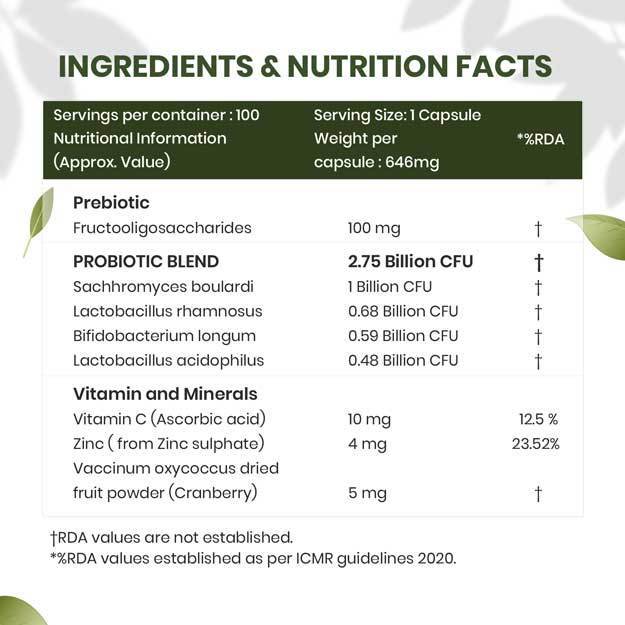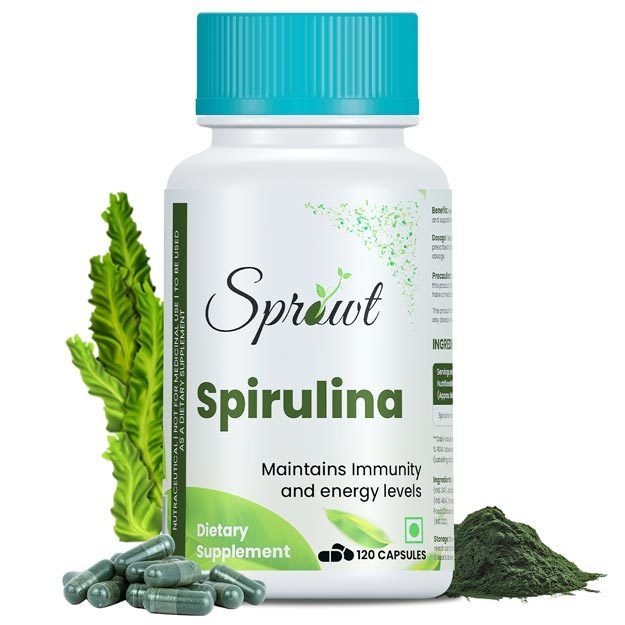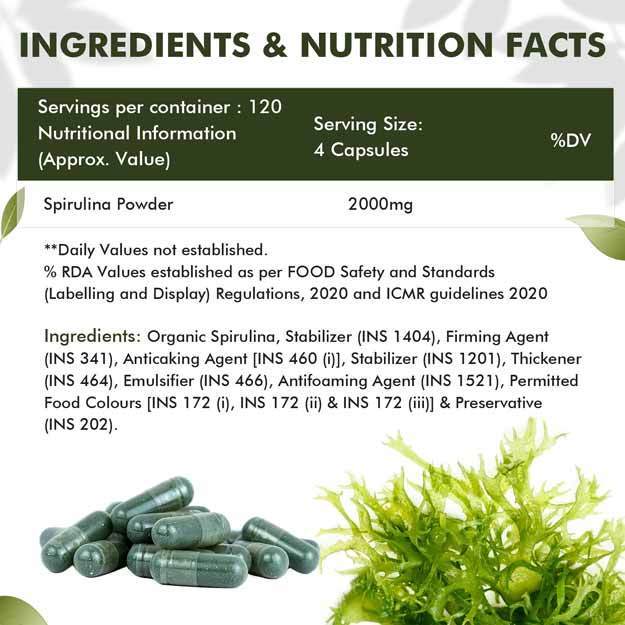Enzymes are a type of protein found inside cells. Enzymes help speed up chemical reactions in the human body. Enzymes are necessary for digesting food, building muscles and eliminating toxins from the body, as well as for thousands of other body functions.
Enzymes are naturally produced in the body. Most enzymes are produced in the pancreas, stomach and small intestine. Apart from this, your salivary glands also produce digestive enzymes, which start the process of digesting food while chewing it. In case of digestive problems, you can also take enzymes as medicine.
Due to the properties of enzymes, detailed information about enzymes is being given in this article. So let's know what is enzyme, who discovered enzyme, functions of enzyme, importance benefits of enzyme and types of enzyme -
(Read more -From Plate to Gut: The Role of Digestive Enzyme)





























